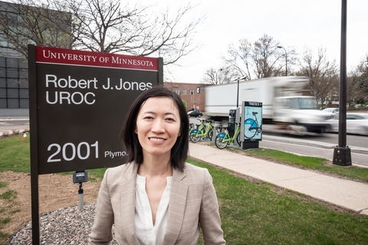
Ready Steady
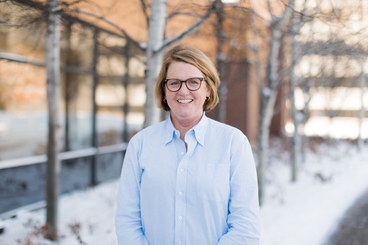

Nourishing Youth through Kinship, Resistance, and YPAR—Friday, January 17
Meet Makeda
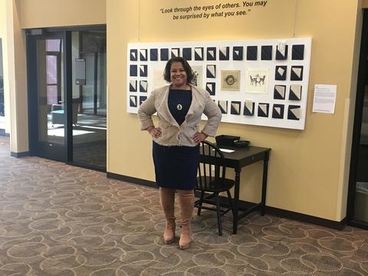

Economic Inclusion and the Promise of Cultural Districts: A UROC Critical Conversation—5 p.m. Thursday, December 5
Policing in Minneapolis: Northside Voices community forum—5:30 p.m. Tuesday, December 10
The North High Green Team
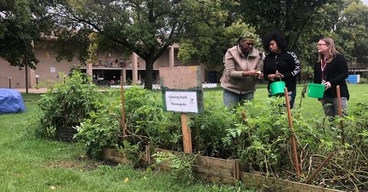
Photo: Amie Mondl (far right) works in the North High Garden with students and community volunteers.
North High 10th-grader Kyree Wilson has a full morning of classes and an afternoon science field trip, but she has one thing she needs to do in between: harvest vegetables in the school’s Growing North gardens with the North High Green Team. She is joined by Candis McKelvy, a community elder volunteering with the program.

Makeda Zulu-Gillespie named U of M UROC Executive Director
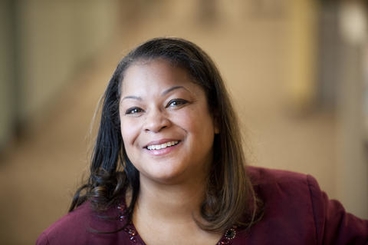

A Voice for Women and Children
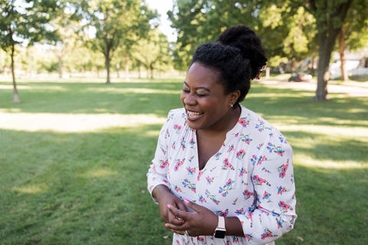

UROC Community Day—3 to 7 p.m. Thursday, September 26
Celebrate North Minneapolis and the great state of Minnesota at UROC Community Day 2019. This year's event features an appearance by University of Minnesota President Joan T.A. Gabel, research demonstrations and learning ctivities, Goldy Gopher, live music, giveaways, and foods representing Minnesota's communities. The event is free and open to the public.
Rethinking Transportation
